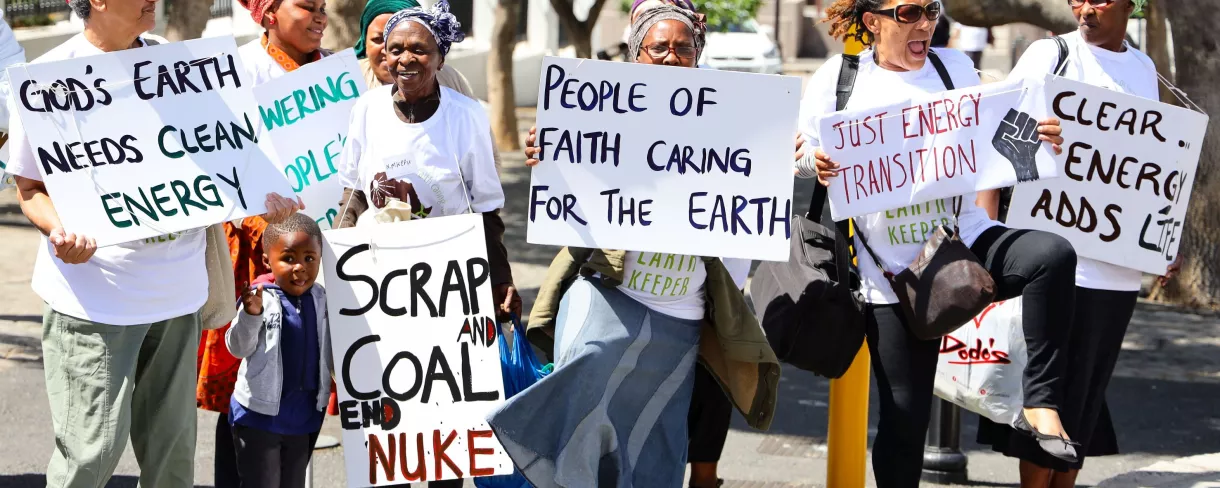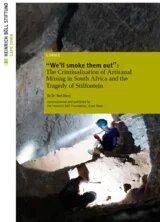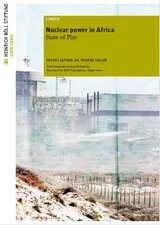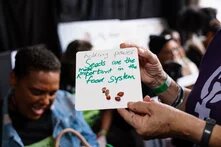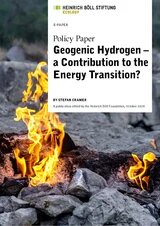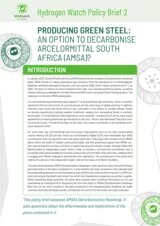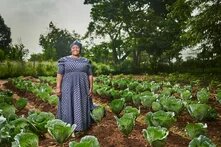Ecological Justice
SCAT – Social Change Assistance Trust | SAFCEI – Southern African Faith Communities Environmental Institute | Earth Life Africa Johannesburg (ELA) | Seriti Institute | Phillippi Horticulture Area Food and Farming Campaign (PHA FFC) | South Durban Community Environmental Alliance - SDCEA | SCLC - Support Centre for Land Change | NJ - Natural Justice | Bench Marks Foundation | Mining Affected Communities United in Action (MACUA) | Affected Women United in Action (WAMUA) | MEJCON - Mining and Environmental Justice Community Network of South Africa | Centre for Natural Resources Governance (CNRG) | Green Connection | HBF project | Womens Leadership Centre – Namibia | TMG Think Tank | Koeberg Alert Alliance | Ubuntu Women | Observatory Civic Association | Vaal Environment Justice Alliance (VEJA)
